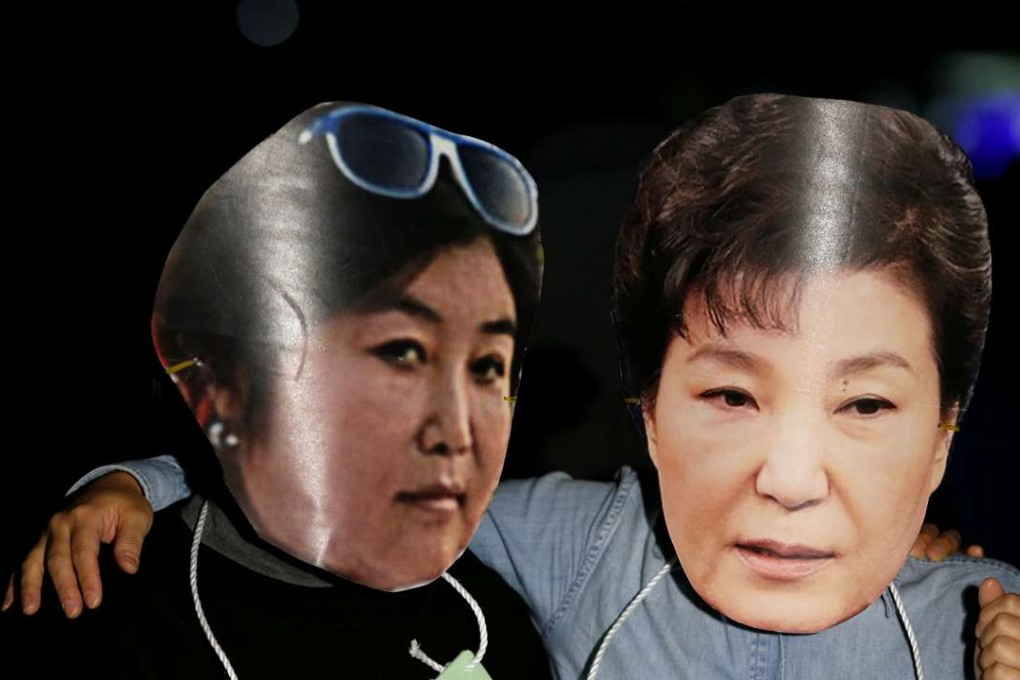
Last week South Korean President Park Geun-hye apologised to the nation as she faced the biggest scandal of her career. Her approval rating sank to 25 per cent and it seemed things couldn’t possibly get worse – until they did.
The controversy centred on Park having allowed her long-time friend, Choi Soon-sil to edit some of her speeches in advance, raising questions about how much power Choi held. Was she making decisions the people of Korea had entrusted Park to make? Could Choi be running the country for her own personal benefit? Allegations spread that the president was a member of a cult, that Choi had shamanistic power over her, that Park had been casting spells in public and that the government was secretly run by a group of cult members known as the “Eight Fairies”.
The scandal now threatens the political survival of Park, under whom relations with China have rapidly deteriorated over South Korea’s determination to install an advanced US missile defence system called THAAD (Terminal High Altitude Area Defence).

Trouble began last October, when the Federation of Korean Industries (FKI) created the Mir Foundation to promote Korean culture. Three months later, it created the K-Sports Foundation to promote Korean sports. But heads started to turn when it was revealed Mir had managed to raise US$42.8 million in just two days and K-Sports raised US$25.4 million in under six. Choi, who virtually created the two foundations herself, had allegedly used her ties to Park to dragoon conglomerates like Samsung Electronics, Hyundai Motor and LG Group into giving these lavish sums.
Social media sizzled with stories of Choi’s shamanistic hold on Park, rumours that stemmed from the fact that Choi’s late father, Choi Tae-min, had been the leader of a cult who contacted Park after her mother’s assassination in 1974, telling her he’d met her mother in a dream. Park met him, and he soon became her mentor. According to a 2011 WikiLeaks release, US Deputy Chief of Mission William Stanton, in a document classified by US Ambassador Alexander Vershbow, referred to Tae-win as "Korea's Rasputin".

